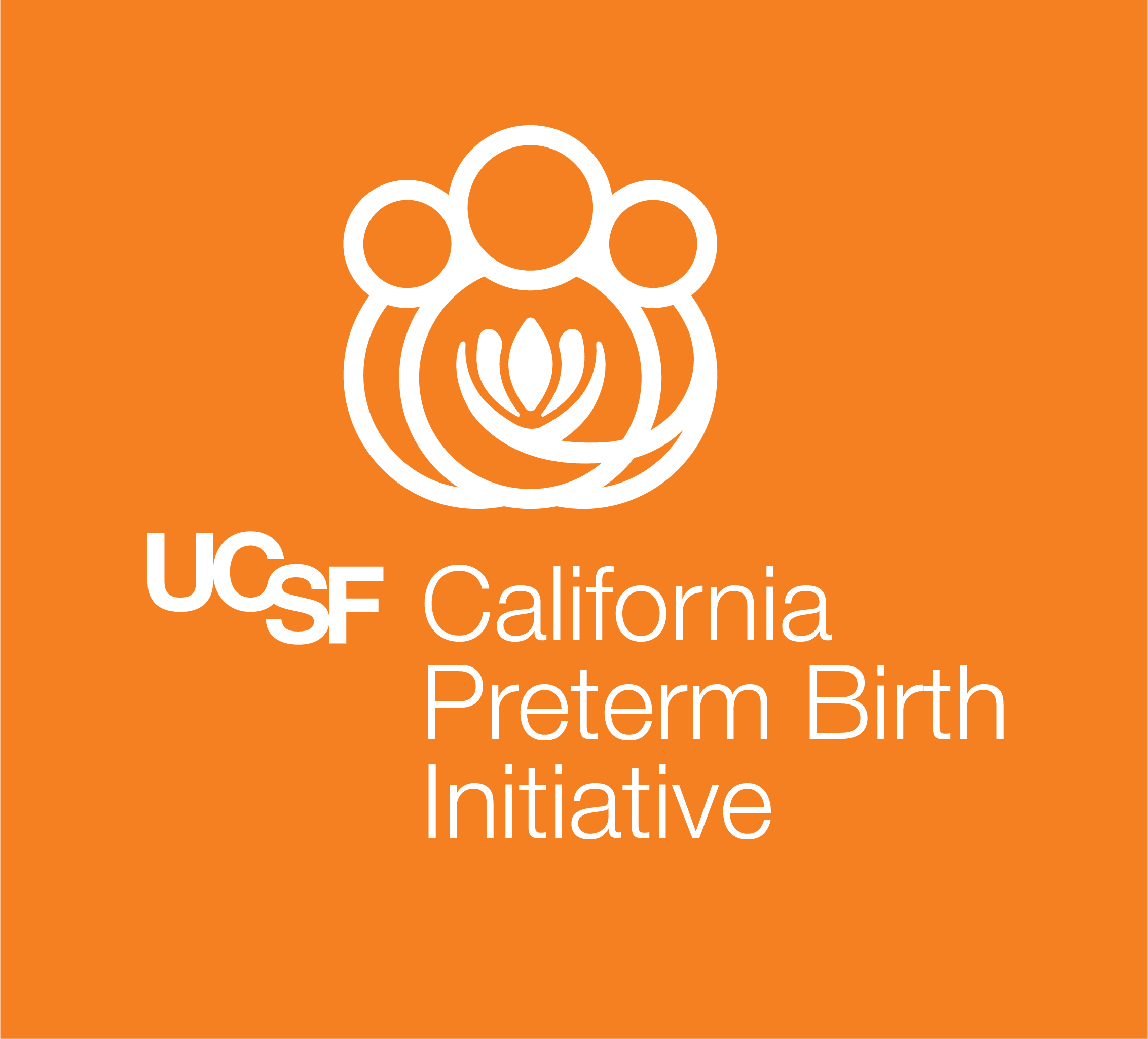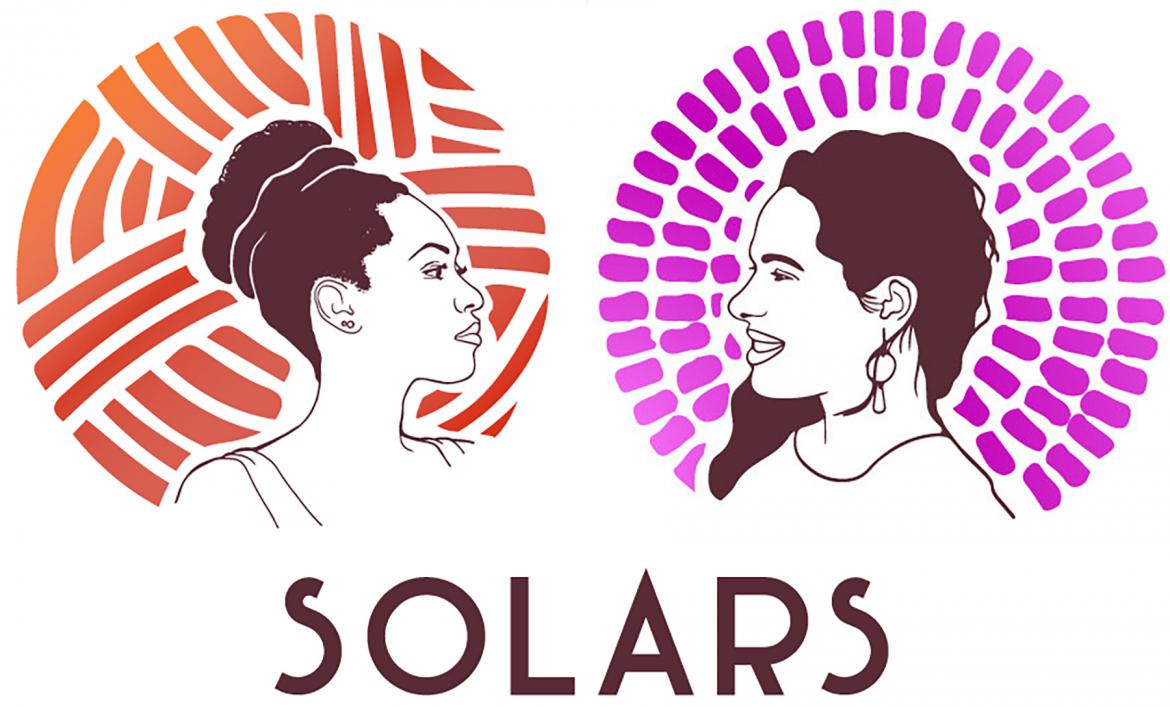What is preterm birth? Why is this important to me, my baby and my community?
Preterm birth is when a baby is born too early (before 37 weeks of pregnancy have been completed). Preterm birth affects about 1 of every 10 infants born in the United States with higher rates in communities of color. Being born preterm can lead to many health complications early and later in life. Babies with preterm birth are more likely to experience learning and behavioral difficulaties in school and are more likely to have health conditions like diabetes and hypertension later in life. Communities of color are disproportionately affected by these patterns. We want to understand why and we want to do something about it.
How does SOLARS work?
SOLARS asks to be a part of a women's pregnancy journey by asking about a woman's past and present life circumstances. Women complete a few surveys on a digital device. We will ask you to sign an authorization for medical record release for yourself and for your baby. We will review your medical records for information 1 year prior to the birth of your baby and up to 12 months after the birth of your child.
For more details about the study and how you can participate, please visit the "Participate Here" page.

